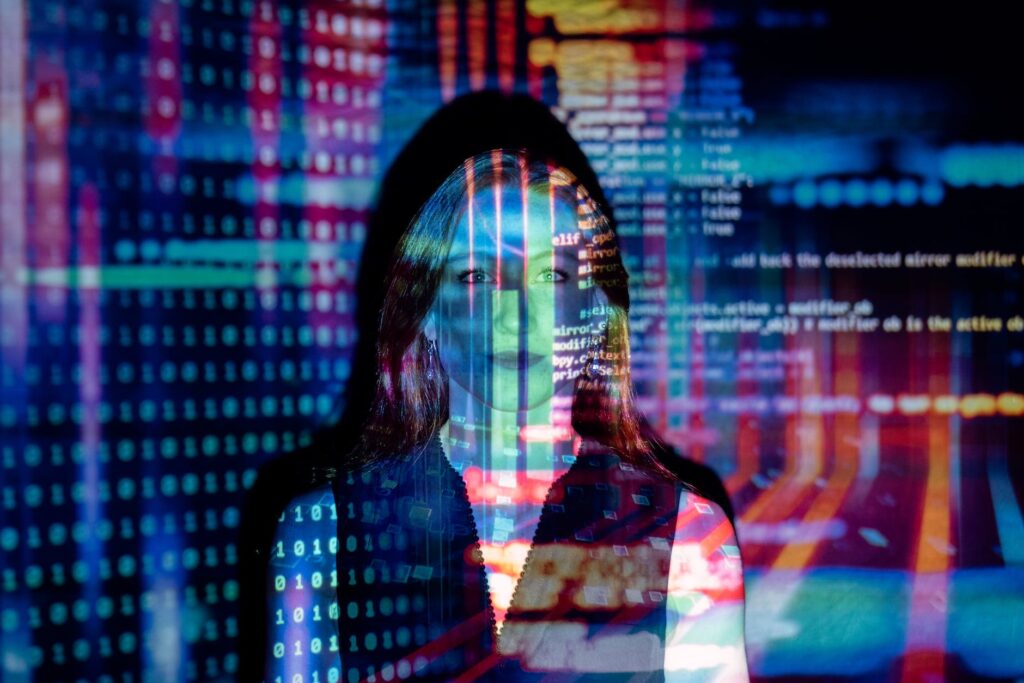
Introduction
Artificial intelligence (AI) is the field of computer science that studies the design and use of intelligent agents. These entities are capable of perceiving their environment and taking actions that maximize their chances of achieving their goals. Say’s Jeremy Schulman, the real-world design of AI systems can involve substantial ethical challenges, since such systems could have consequences for human societies and individual humans.
For example, a self-driving car might face a choice between hitting an ambulance and hitting a school bus full of children who are about to cross the road. A robot might need to decide whether it should obey orders from its human supervisors or disregard those orders to protect other humans from harm. And even a virtual assistant like Siri has been accused by some users for racially profiling them based on their voices alone…
Introduction
The legal system is comprised of the courts, lawyers and judges that make up the judicial system. It also includes other elements such as police officers who investigate crimes and victims’ support groups.
Artificial intelligence (AI) is a broad term that refers to computers capable of performing tasks normally requiring human intelligence such as visual perception, speech recognition and decision-making.[1] These machines can be programmed with datasets containing large amounts of information about specific tasks; once trained on this data set, they are able to perform similar tasks without further intervention from humans.[2]
The Ethics of AI
- The ethics of AI.
- The ethics of AI in the legal system.
- The legal system and the ethics of AI.
The Legal System and the Ethics of AI
The legal system and ethics are intimately connected. The law is based on moral principles, which are themselves derived from human values. As such, it is no surprise that AI has already begun to impact the legal system and will continue to do so in the future.
For example, AI is being used by some courts as an aid for decision-making: judges can use algorithms to help them make more accurate rulings or predict outcomes based on past cases with similar facts (this technology has been particularly successful at predicting whether defendants will commit a crime again after being released). In other instances of this type of predictive analytics software, companies like IBM have developed systems capable of analyzing large amounts of data within seconds while still maintaining high accuracy rates–allowing lawyers working with these programs access to powerful tools without requiring extensive training in order for them work properly!
However exciting these developments may sound for those interested in using artificial intelligence technologies within their own profession or field; there are also some ethical concerns associated with adopting such technologies wholesale without first considering how they might affect both individuals’ lives outside work environments as well as society at large.”
Artificial intelligence will impact the legal system, but it’s not clear how.
Artificial intelligence is set to impact the legal system, but it’s not clear how.
AI will change the way we practice law and interact with legal professionals.
AI will replace some jobs and create new ones as well.
AI will help lawyers do their jobs better by automating tasks that are mundane, repetitive or easily automated (like document review).
Conclusion
The future of AI is uncertain, but the implications for our legal system are clear. AI will impact how we access justice and enforce laws, but it’s not clear how or when this will happen. The best way forward is to keep an open mind and make sure that we have policies in place to protect citizens from harm caused by these systems.